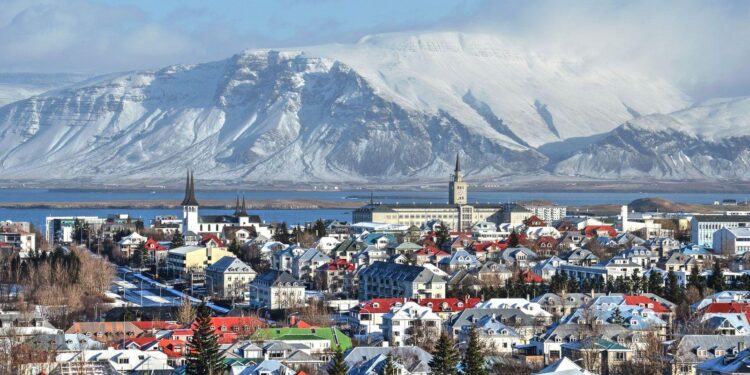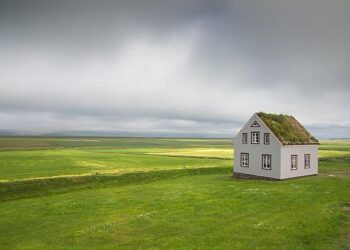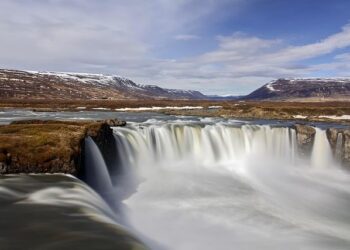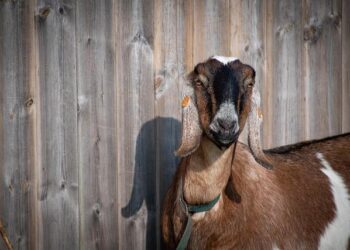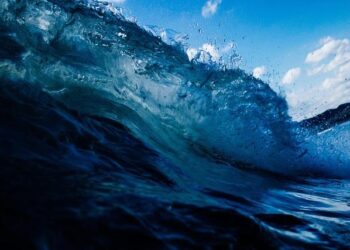Iceland’s Eyjafjallajökull volcano, famously known for its 2010 eruption that disrupted air travel across Europe, is now drawing a different kind of attention. In recent months, the site has been increasingly overrun by Instagrammers eager to capture its dramatic landscapes and otherworldly vistas. This surge in social media-driven tourism is posing new challenges for local authorities and environmentalists who are striving to balance visitor enthusiasm with the preservation of this iconic natural landmark.
Eyjafjallajökull Volcano Draws Surge of Instagrammers Amid Travel Boom
In recent months, the iconic Eyjafjallajökull volcano has transformed from a serene natural wonder into a bustling hotspot for social media enthusiasts. Driven by a global upswing in travel and the viral allure of Icelandic landscapes, thousands of Instagram users flock to the site daily, eager to capture the perfect shot of the glacier-capped volcano. This influx has sparked concerns among local authorities about environmental degradation and the strain on nearby infrastructure. Photographers and influencers often navigate precarious terrain, sometimes disregarding safety protocols in their quest for the ideal image, prompting calls for stricter regulations.
Visitors to the region report a mix of awe and frustration as they share space with growing crowds, while businesses in the vicinity experience both economic benefits and logistical challenges. Key factors contributing to the surge include:
- Social Media Trends: Viral videos and photos have elevated Eyjafjallajökull’s profile globally.
- Post-Pandemic Travel Boom: A rising desire to explore remote destinations has led to increased foot traffic.
- Accessibility Improvements: Better roads and guided tours make the site more reachable.
| Impact | Details |
|---|---|
| Environmental | Soil erosion and litter accumulation near viewing spots |
| Economic | Boost to local businesses, including tours and accommodations |
| Safety | Increased accidents due to risky photo attempts |
| Regulatory | Anticipated implementation of visitor caps and guidelines |
Challenges of Overcrowding Threaten Iceland’s Natural Heritage and Local Communities
The surge of visitors flocking to Eyjafjallajökull, drawn by its dramatic landscape and viral social media images, has led to significant strain on the fragile ecosystem. Popular hiking trails are suffering from erosion, and the delicate flora unique to the volcanic environment faces unprecedented disruption. Local authorities and environmentalists warn that unless sustainable tourism measures are implemented swiftly, the natural heritage treasured by Icelanders could face irreversible damage.
Beyond environmental concerns, residents of nearby villages express frustration over overcrowding, increased waste, and the loss of tranquility that once defined these remote areas. Basic infrastructure struggles to accommodate the inflated number of tourists, creating tension between economic benefits and community wellbeing. Key challenges include:
- Traffic congestion along narrow rural roads
- Limited emergency services capacity
- Rising accommodation shortages and costs
- Heightened risk of accidents on unsafe paths
| Issue | Impact | Proposed Solution |
|---|---|---|
| Trail Erosion | Loss of vegetation and soil instability | Designated boardwalks and trail limits |
| Infrastructure Strain | Overcrowded roads and insufficient emergency access | Enhanced transport planning and shuttle systems |
| Community Disruption | Noise pollution and overcrowding in villages | Visitor caps and community-led tourism policies |
Balancing Tourism and Preservation Recommendations for Sustainable Visitor Management
As visitors flock to witness the raw beauty of Eyjafjallajökull, the challenge lies in safeguarding its fragile ecosystem from the pressures of mass tourism. Experts suggest implementing zoned access areas to limit foot traffic in the most sensitive parts of the volcanic landscape. This approach can be complemented by the installation of clearly marked trails and educational signage, helping tourists appreciate the environment while minimizing damage. Additionally, local authorities are exploring a permit system during peak months to control visitor numbers and distribute footfall more evenly throughout the year.
To ensure a balanced coexistence between tourism growth and environmental preservation, authorities and stakeholders propose the following measures:
- Collaboration with social media platforms to promote responsible visitor behavior
- Investment in eco-friendly infrastructure such as waste management and public transport
- Community-led monitoring programs engaging locals in conservation efforts
| Key Strategy | Expected Impact |
|---|---|
| Permitting System | Reduces overcrowding, protects sensitive zones |
| Educational Campaigns | Fosters awareness, promotes sustainable behavior |
| Eco-Friendly Infrastructure | Minimizes pollution, enhances visitor experience |
Insights and Conclusions
As Eyjafjallajökull continues to captivate travelers with its dramatic landscapes and volcanic allure, the surge of Instagrammers flocking to the site underscores the growing challenge of balancing tourism and preservation. Local authorities face the ongoing task of managing this influx to protect both visitors and the fragile environment. The story of Eyjafjallajökull serves as a potent reminder of the complex relationship between natural wonders and the social media age, where global connectivity can amplify both fascination and pressure on iconic destinations.


